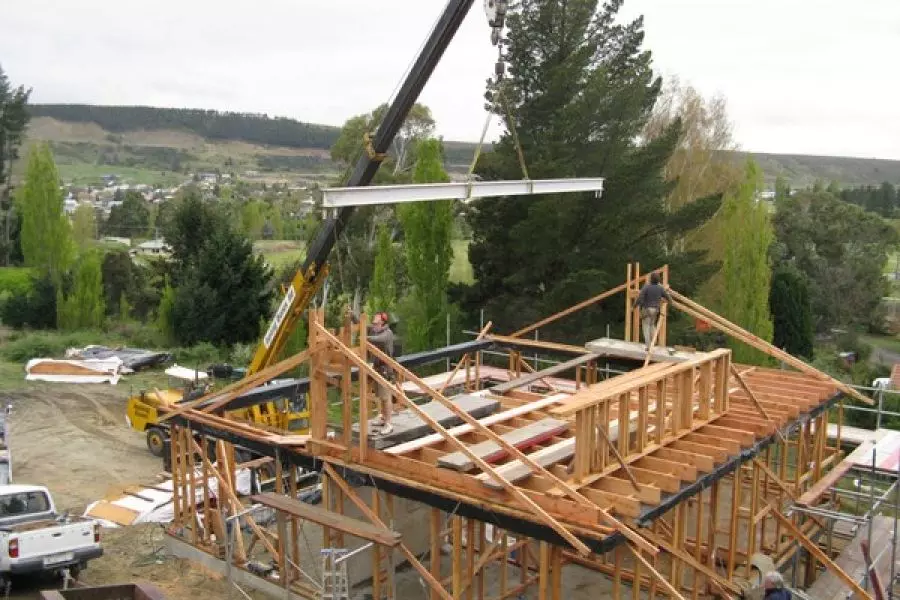News
Flat consents add to Akld supply woes

Monday 19th of December 2016
The latest data from Statistics New Zealand shows that October saw a small increase in the number of dwellings consented in Auckland.
In October, 875 dwelling consents were issued, which was up 0.4% on the 871 consents issued in September.
Statistics New Zealand business indicators senior manager Neil Kelly said one-third of the homes consented over the past year were in Aucklan...
Want to read the full article?
Click the button below to subscribe and will have unlimited access to full article and all other articles on the site.






![[The Wrap] Bye Bye Bayly](https://goodreturns.publit.io/file/c_fill,w_900,h_600/39f23ac1-f7c7-4854-b700-a150004ebbac.webp)


